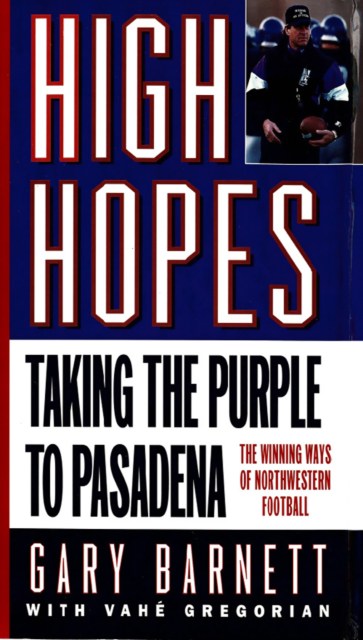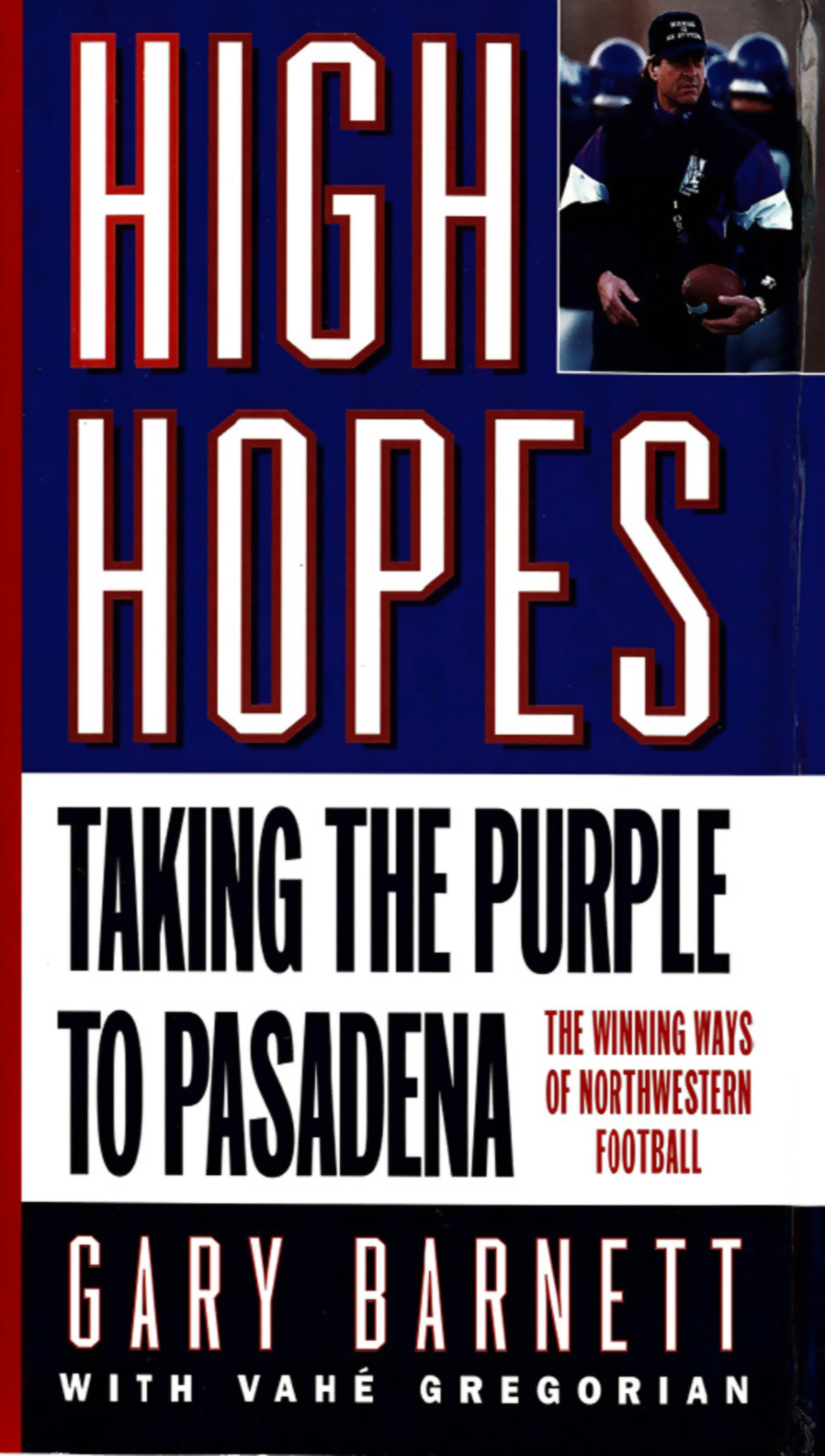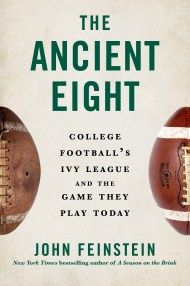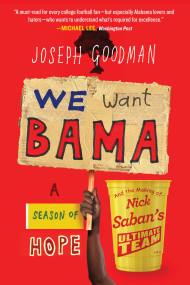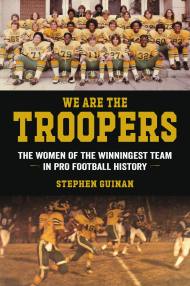By clicking “Accept,” you agree to the use of cookies and similar technologies on your device as set forth in our Cookie Policy and our Privacy Policy. Please note that certain cookies are essential for this website to function properly and do not require user consent to be deployed.
High Hopes
Taking the Purple to Pasadena
Contributors
By Gary Barnett
By Vahe Gregorian
Formats and Prices
- On Sale
- Sep 26, 2009
- Page Count
- 224 pages
- Publisher
- Grand Central Publishing
- ISBN-13
- 9780446567305
Price
$9.99Price
$12.99 CADFormat
Format:
ebook (Digital original) $9.99 $12.99 CADThis item is a preorder. Your payment method will be charged immediately, and the product is expected to ship on or around September 26, 2009. This date is subject to change due to shipping delays beyond our control.
Buy from Other Retailers:
The man who transformed the Northwestern University Wildcats into a championship-winning team–the top story in college football in 1995–and who was named Coach of the Year discusses his leadership philosophies, his coaching techniques, and his winning year.
Newsletter Signup
By clicking ‘Sign Up,’ I acknowledge that I have read and agree to Hachette Book Group’s Privacy Policy and Terms of Use
